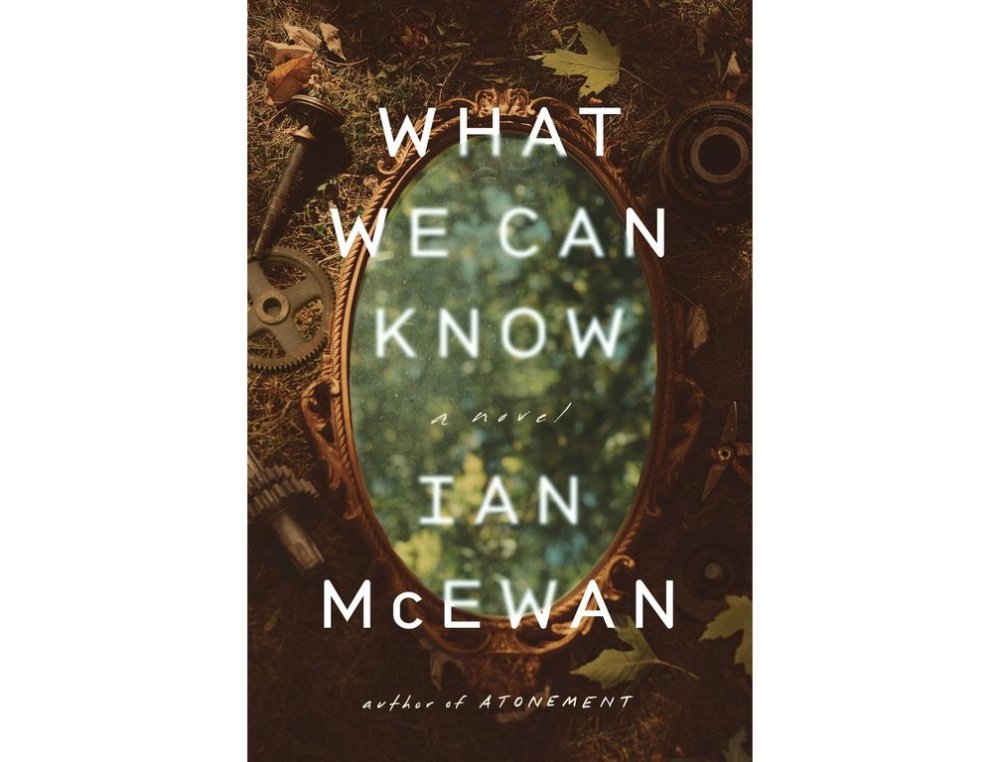Ian McEwan’s next novel, ‘What We Can Know,’ is science fiction ‘without the science’
Advertisement
Read this article for free:
or
Already have an account? Log in here »
We need your support!
Local journalism needs your support!
As we navigate through unprecedented times, our journalists are working harder than ever to bring you the latest local updates to keep you safe and informed.
Now, more than ever, we need your support.
Starting at $15.99 plus taxes every four weeks you can access your Brandon Sun online and full access to all content as it appears on our website.
Subscribe Nowor call circulation directly at (204) 727-0527.
Your pledge helps to ensure we provide the news that matters most to your community!
To continue reading, please subscribe:
Add Brandon Sun access to your Free Press subscription for only an additional
$1 for the first 4 weeks*
*Your next subscription payment will increase by $1.00 and you will be charged $20.00 plus GST for four weeks. After four weeks, your payment will increase to $24.00 plus GST every four weeks.
Read unlimited articles for free today:
or
Already have an account? Log in here »
Hey there, time traveller!
This article was published 07/02/2025 (281 days ago), so information in it may no longer be current.
NEW YORK (AP) — The next novel by Ian McEwan will be a post-apocalyptic story, set in part in the 22nd century and centered on a scholar’s immersion into a poem written during happier times.
McEwan, the Booker Prize-winning British author, is calling “What We Can Know” a work of science fiction “without the science.”
“I’ve written a novel about a quest, a crime, revenge, fame, a tangled love affair, mental illness, love of nature and poetry, and how, through all natural and self-inflicted catastrophes, we have the knack of surviving,” McEwan said in a statement released Friday through Alfred A. Knopf, which announced the book will be published Sept. 16.

“In our times, we know more about the world than we ever did, and such knowledge will be hard to erase. My ambition in this novel was to let the past, present and future address each other across the barriers of time.”
The 76-year-old McEwan has previously imagined disasters and disruptions — and how we respond — whether the threat of climate change in “Solar,” a radiation cloud in “Lessons” or artificial intelligence in “Machines Like Me.” Knopf publisher and editor-in-chief Jordan Pavlin said in a statement that “What We Can Know” is an exploration of the “limits of our knowledge,” whether of other people or the arc of the past.
“As the title suggests, the book calls into question the limits of our knowledge about our most intimate companions, and about history itself,” Pavlin said. “How many irrecoverable secrets and stories are lost to the past? McEwan’s genius in this novel is to recover, in an exquisite feat of storytelling, a long-lost secret.”
